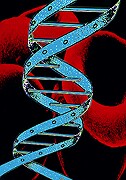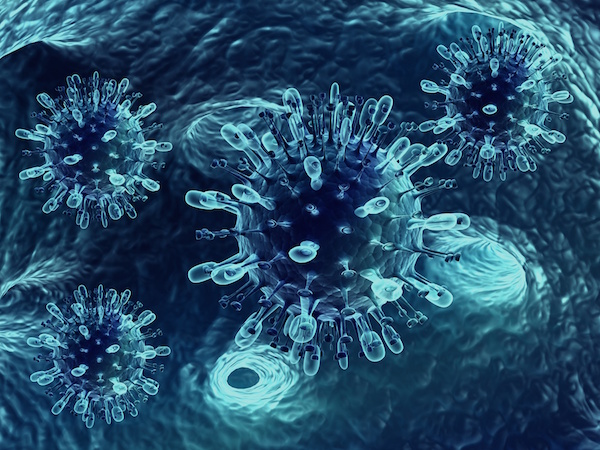
THURSDAY, Dec. 20 (HealthDay News) — Children of parents diagnosed with cancer when they’re old are at increased risk for certain types of cancer, a new study suggests.
It was known that children of parents diagnosed with cancer at a younger age are at increased risk for cancer, but it wasn’t clear if there also was a hereditary risk for children whose parents were diagnosed when they were older.
Researchers analyzed Swedish data on nearly 8 million people and their parents. The highest cancer risk in children was among those whose parents were diagnosed with cancer at earlier ages, according to the study, which was published online Dec. 20 in the BMJ.
The risk of the same type of cancer in children, however, was also significantly higher among those whose parents were diagnosed when they were 80 or older.
The increased risks in all children were: 1.6 percent for non-Hodgkin lymphoma, 2.8 percent for urinary/bladder cancer, 3.5 percent for skin cancer, 4.6 percent for melanoma skin cancer, 5 percent for lung cancer, 6.4 percent for colorectal cancer, 8.8 percent for breast cancer and 30.1 percent for prostate cancer.
The researchers also found that between 35 percent and 81 percent of all cancers in parents occurred when they were older than 69 years: 35 percent for melanoma, 41 percent for breast, 54 percent for non-Hodgkin lymphoma, 56 percent for lung, 59 percent for colorectal, 62 percent for urinary/bladder, 75 percent for prostate and 81 percent for skin cancer.
Non-genetic factors could not explain the increased risk of cancer among children of parents who had been diagnosed with cancer. This means that familial cancer risks are largely due to genetics, the researchers concluded in a journal news release.
Knowing that they’re at increased risk for a particular cancer could help children avoid known modifiable risk factors for that cancer, according to the study authors.
Although the study found a link between older parents with cancer and higher risk in their children, it did not prove cause and effect.
More information
The U.S. National Cancer Institute has more about cancer risk factors and prevention.

